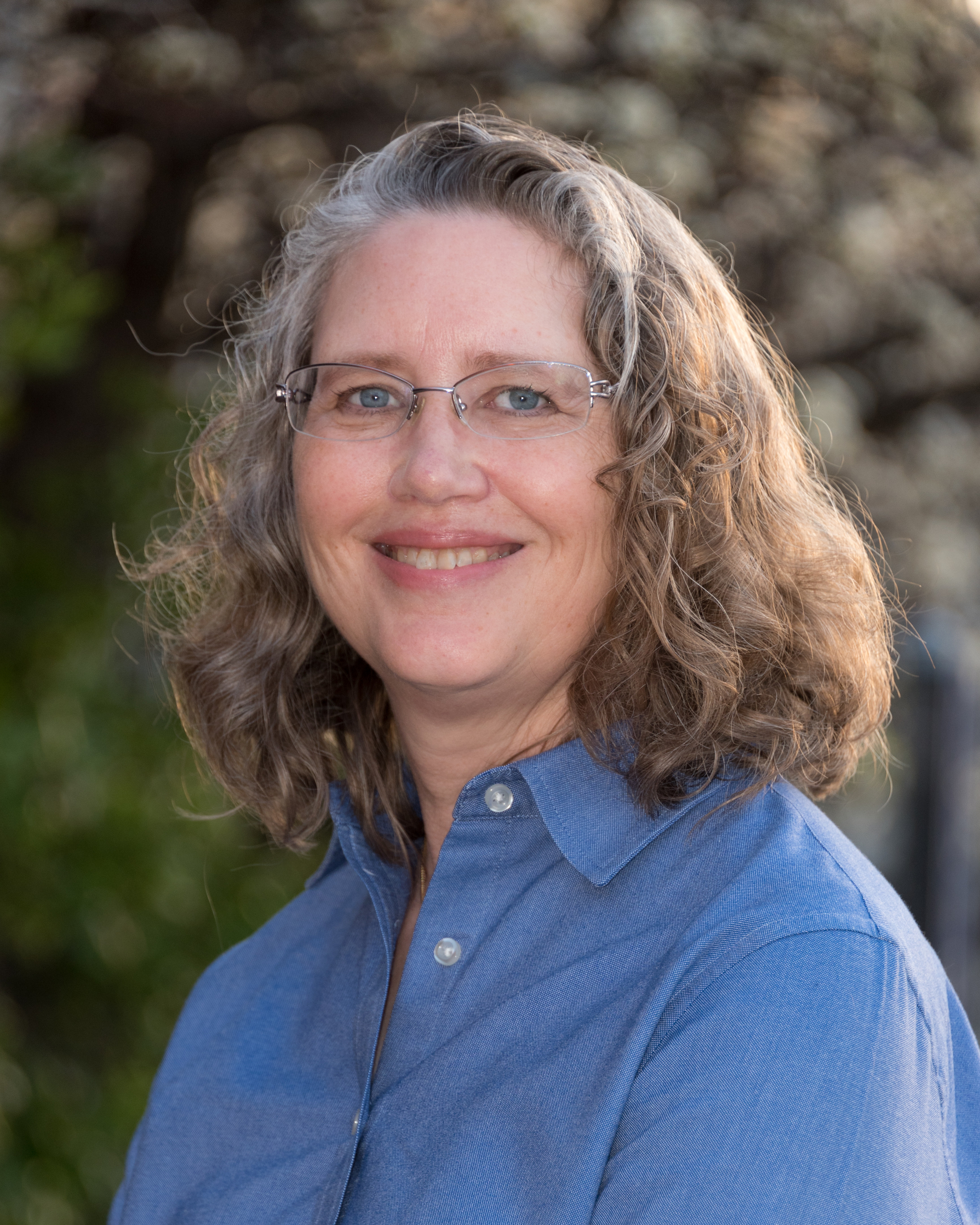A lot has been said in the past few years about microaggressions and their impact. On one hand, I can see how these things may sound like small potatoes to someone who isn’t feeling their impact, and I do believe that sometimes people make too much out of too little. However, I can also see how debilitating it must be to be subjected repeatedly to negative stereotypes about one or more aspect of one’s identity.
So it was with this lens that I received what I assumed would be a fairly innocuous, possibly nerdy pre-class assignment for a Financial Planning class I signed up for from U.C. Extension. As I read through the assignment, which was, at its core, a wordy math problem, I completely understood the math involved, and was easily able to put together a spreadsheet to do the analysis it was asking for.
The more I thought about the assignment, though, the more it got under my skin. Because, surrounding the perfectly logical and reasonable math aspect of it, was a story which was unnecessarily misogynistic and dysfunctional.
The story is about the inheritance of an oil drilling company. Apparently, even though the man who is leaving the inheritance is married, he is the sole owner of the company, and he is going to leave it to one of his two sons. This, of course, begs the question of why the company wasn’t community property, and why wouldn’t the widow inherit it. One might think maybe this company is just a small part of their assets, and she is keeping most of the community property, but the story goes out of its way, for no apparent reason, to explain that the family has no money left. So the story starts with a penniless widow being left out in the cold, while she has to decide which of her two sons deserves to inherit the only thing of value she and her late husband had.
I could go on about other aspects of the story I found troubling, but I think that’s enough to give you a decent picture of it. And I couldn’t stop asking myself why the University of California would find it necessary to subject me to this ugly story. They could just as easily have sent a story with the exact same math, but which was gender neutral, and didn’t end with someone awarding an inheritance to one son while she has to “kiss the other one goodbye.”
Seriously, of the four men teaching this class, who wrote this awful thing? Is this person so focused on the math that he can’t see how dysfunctional this story is? Does he not care about penniless widows seeing all their assets distributed to greedy sons? Does he not think women deserve to own assets themselves? Is he too blind to see what terrible messages this story embodies?
Even if there has to be a competition, why does one son have to win everything, while the other son loses everything, including the relationship with his only surviving parent? The more I think about it, the more ugly this whole fictional situation is. And it is completely and utterly unnecessary.
Now, you could tell me, this is just a math problem, and I’m giving it too much weight. And on a micro level, you may be right. But on a macro level, the University and those who perpetuate this ugly story are giving it much less thought and consideration than it deserves. Because the more we normalize the idea that women don’t deserve to inherit, the more we normalize the idea that the winner takes all and the loser loses absolutely everything, the more we tell ugly stories about dysfunctional families as if there is nothing wrong or unusual about their behavior and there is no better way to run our lives, the more we give people permission to act that way.
As Jews, we are commanded to be a light unto the nations. It is our responsibility to rail against the casual way that women and families are treated in this story. It is our job to stand up and say “No, this is not right, there is a better way.”
So I wrote back, and told the University exactly what I thought of their story, because I sincerely hope they will not subject any more of their students to it.
—————-
“Like” the Religious and Reform Facebook page to see additional photos and behind-the-scenes comments, and follow me on Twitter.























 More news and opinions than at a Shabbat dinner, right in your inbox.
More news and opinions than at a Shabbat dinner, right in your inbox.